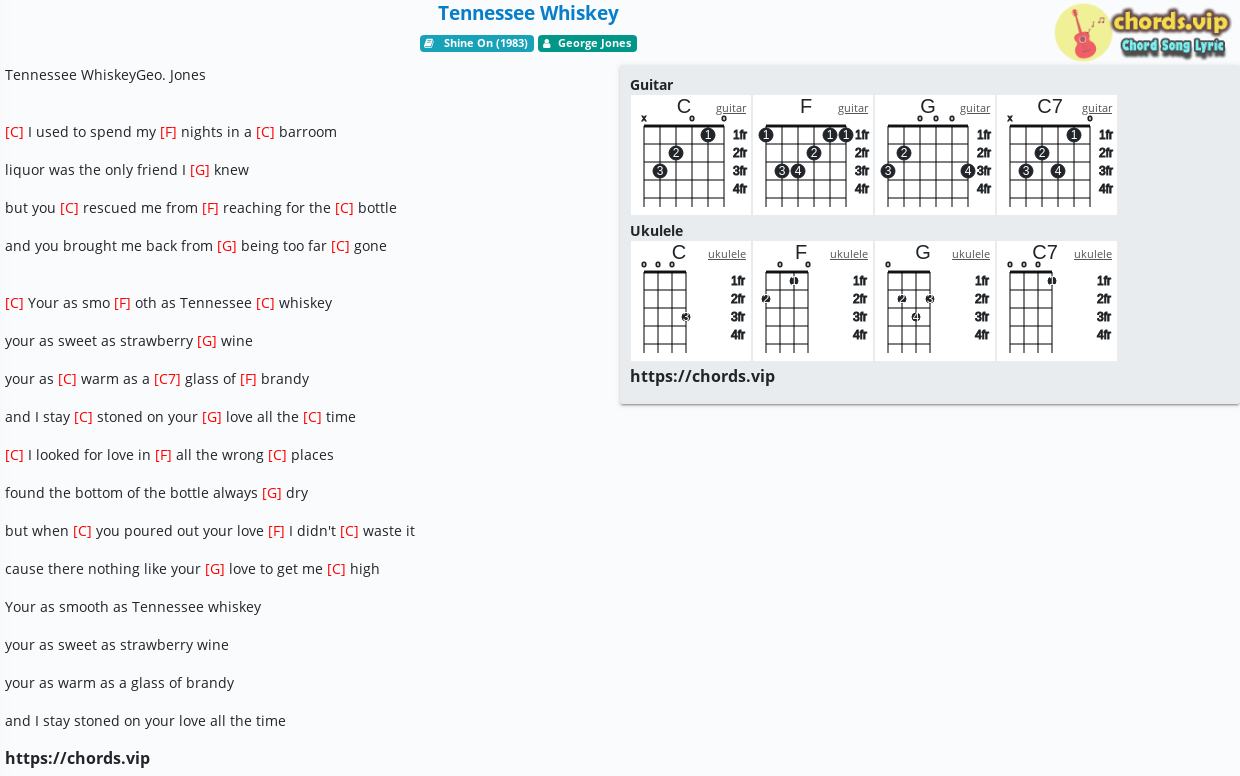
Ironically, the only whiskey currently produced within the current boundaries of Lincoln County is Prichard's, which is the only Tennessee whiskey that does not use the Lincoln County Process.

However, in 1871, the boundaries of the county changed, placing the Jack Daniel's distillery and the surrounding area in the newly created Moore County. The filtering process is named for Lincoln County, Tennessee, the home of the Jack Daniel's distillery when it originally began operations. The companies that produce whiskey in this manner suggest this step improves the flavor of the whiskey. Nearly all Tennessee whiskeys undergo a filtering stage called the Lincoln County Process, in which the whiskey is filtered through (or steeped in) a thick layer of maple charcoal before it is put into new charred oak barrels for aging. The next distillery to be licensed in the state, George Dickel, followed in 1958 as a revived brand. Following repeal in 1933, Jack Daniel's moved operations back to Lynchburg (the company's attempts at production in Missouri and Alabama did not yield any saleable product) as the first distillery to open post- Prohibition. Statewide prohibition on the sale and manufacture of alcohol took effect in 1910, wiping out the industry. By the end of the 19th century, there were over 700 licensed distilleries in the state. Jack Daniel's was established as a brand in 1875. Filtering of whiskey through maple charcoal was practiced as early as 1825 by Alfred Eaton in Tullahoma, though the process was likely used earlier outside of Tennessee. President Andrew Jackson served Tennessee whiskey in the White House, a custom continued by James Polk. Whiskey production in Tennessee started with the emigration of Scotch-Irish from Pennsylvania and Virginia. In June 2017, the Tennessee Distillers Guild launched the Tennessee Whiskey Trail, a 25-stop distillery tour across the state, to further promote Tennessee whiskey and local whiskey culture. There are two major producers of Tennessee whiskey, Jack Daniel's based in Lynchburg (owned by the Louisville, Kentucky-based Brown-Forman) and George Dickel based in Cascade Hollow near Tullahoma (owned by the London-based Diageo), as well as numerous locally based producers throughout the state. market for bourbon and Tennessee whiskey reached $2.4 billion, and exports of bourbon and Tennessee whiskey grew to exceed $1 billion. According to the Distilled Spirits Council of the United States, as of 2013, the U.S.

Tennessee whiskey is one of the top ten exports of Tennessee. Beyond the perceived marketing value of the distinction, Tennessee whiskey and bourbon have almost identical requirements, and most Tennessee whiskeys meet the criteria for bourbon. All current Tennessee whiskey producers are required by Tennessee law to produce their whiskeys in Tennessee and – with the sole exception of Benjamin Prichard's – to use a filtering step known as the Lincoln County Process prior to aging the whiskey. Although it has been legally defined as a bourbon whiskey in some international trade agreements, most current producers of Tennessee whiskey disclaim references to their products as "bourbon" and do not label them as such on any of their bottles or advertising materials. Tennessee whiskey is straight whiskey produced in the U.S. Whiskey being aged at Jack Daniel's Distillery in Lynchburg The George Dickel distillery in Tullahoma For the song by David Allan Coe made famous by George Jones, see Tennessee Whiskey (song). For the David Allan Coe album, see Tennessee Whiskey (album).


 0 kommentar(er)
0 kommentar(er)
